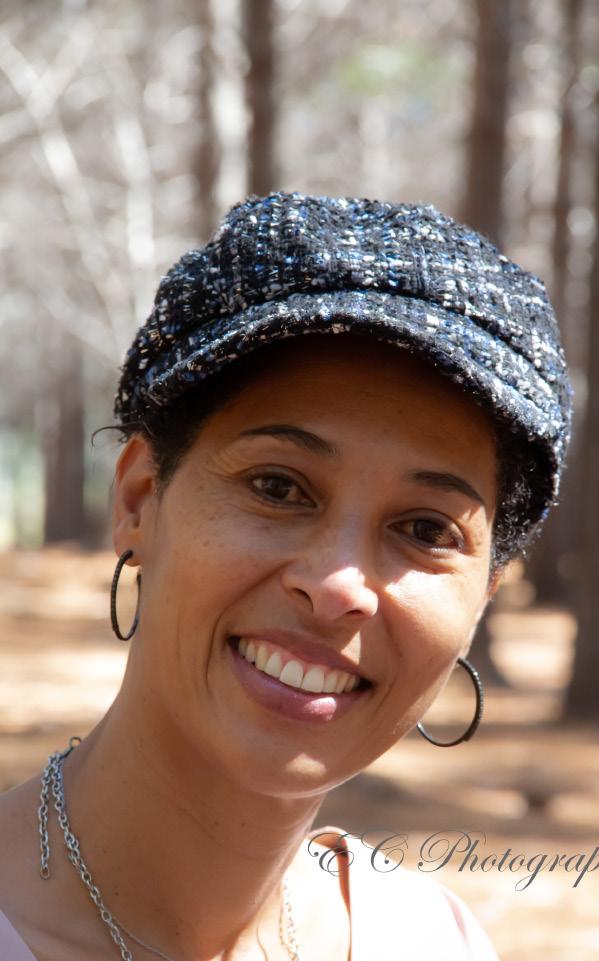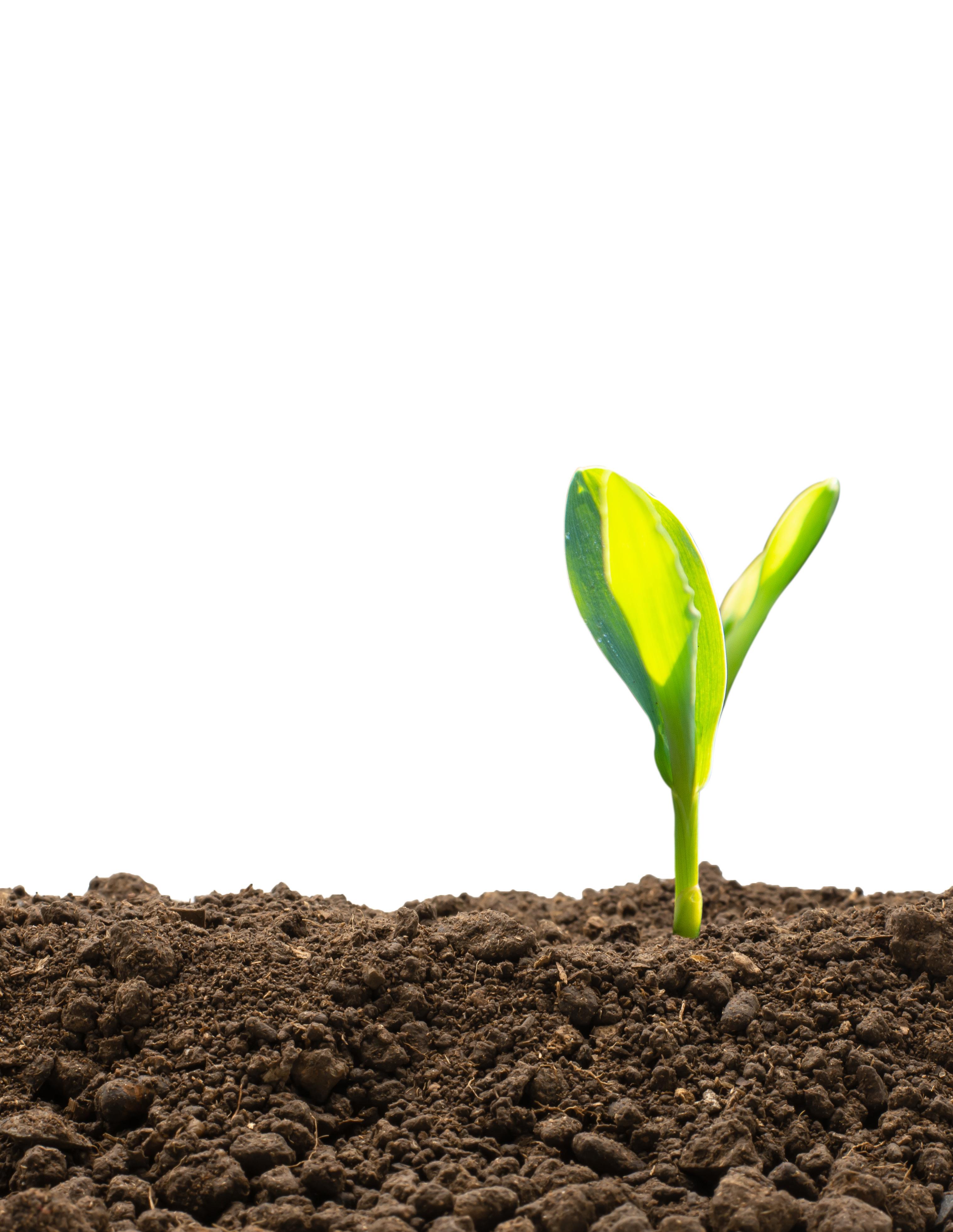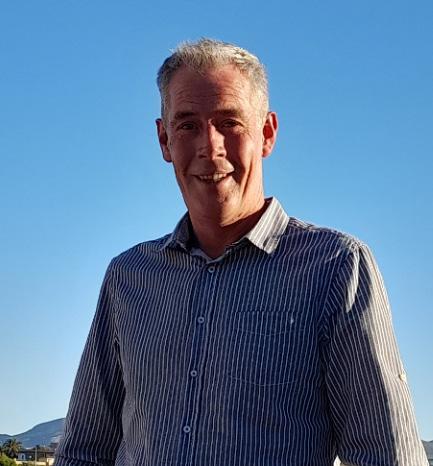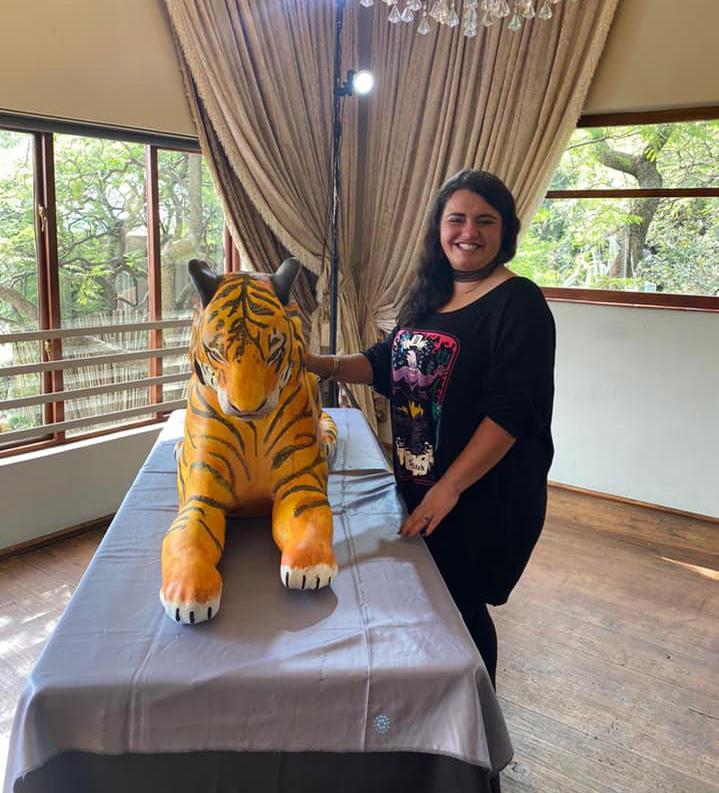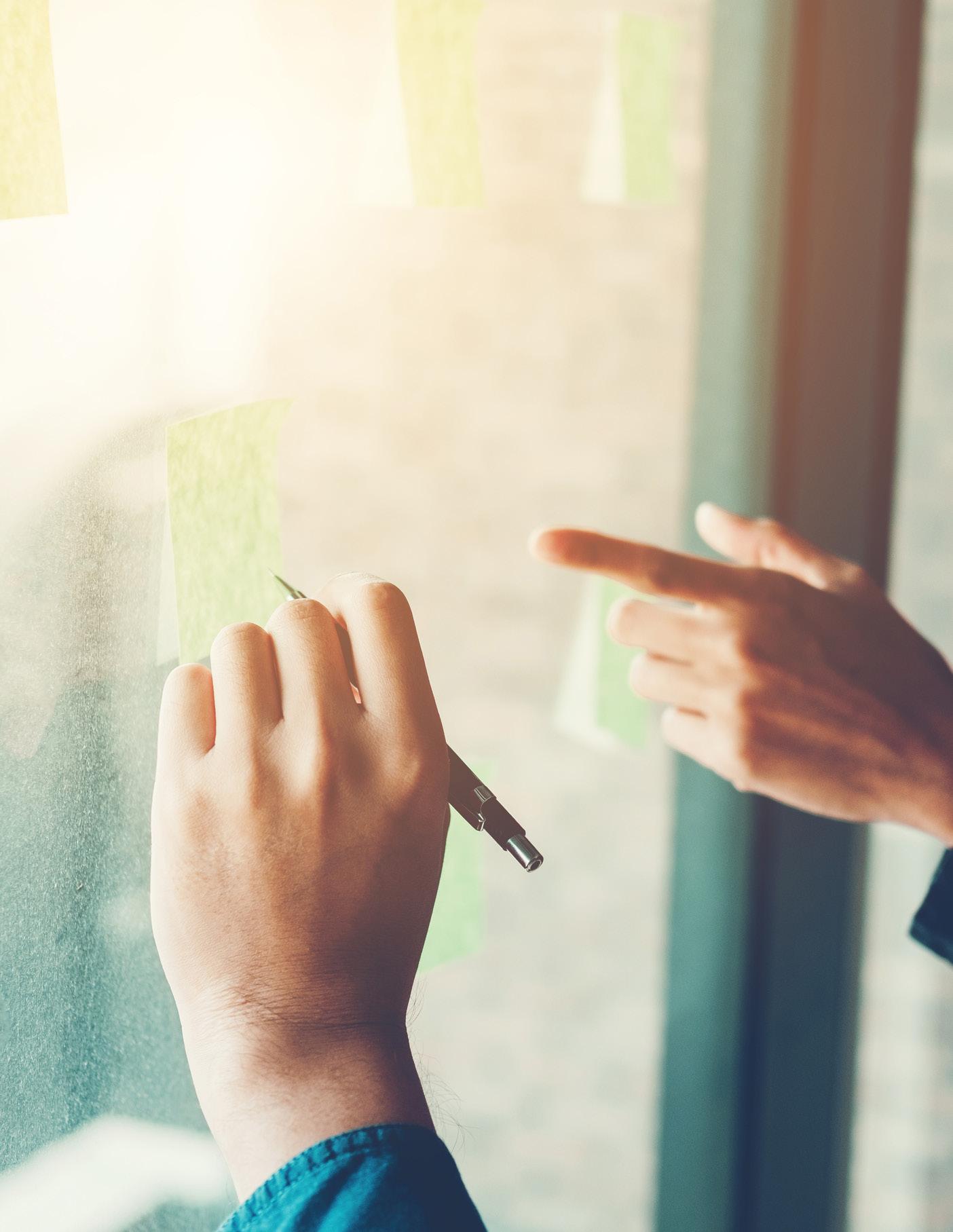
5 minute read
Break the Habit of Overthinking
by Dr. Mary Meduna-Gross
Are you an overthinker?
Advertisement
I have been a chronic overthinker most of my life. I believe that we have been conditioned to be overthinkers, and for some of us; we really like the sense of power that comes from finding connections and solutions. As leaders, this is further reinforced by the myth that the leader must have (or find) all of the answers.
For me, the experience of overthinking is mostly painful with just enough success to keep me coming back to it. The feeling of success comes when the issue is finally resolved. I tell myself that it was resolved because I ‘figured it out’, when in reality; the situation probably didn’t really need my micro-management. I could’ve gotten to the result without the struggle.
Three Ways Overthinking Shows Up for Me
These are three distinct experiences when I find myself getting carried away with overthinking. Each of these three experiences stand alone, but also interrelate with one another. When I am experiencing more than one of these at a time, I am literally wiped out. I am mentally, emotionally, and physically exhausted. (Translation: I’m cranky and not fun to be around).
A Sense of Urgency
The symptom that catches my attention the quickest is a sense of urgency. When I’m in this state, it doesn’t matter what I’m doing, I’m always in a hurry. My inner chatter is telling me that I have several other tasks that need to be attended to immediately. This voice insists that I hurry up with this task, so that I can get to the others.
Compounding this sense of urgency is a tendency to set unnecessary or unrealistic timelines for myself. It took several experiences of these missed timelines for me to realize that I was the one setting the timeline which meant that I could also change the timeline.
Confusion or Overwhelm
Some days I feel like I don’t know what the heck I am supposed to be doing. Even with my weekly plan outlined, sometimes, I can’t decide where to start. In these situations, I tend to start several of these weekly tasks (and other tasks that seem important at the time) and move on to the next before I finish anything. Now, I have several tasks that need to be completed and still the inability to focus long enough to finish one.
Avoiding Decision Making
Ironically, avoiding decisions from this state of overthinking is probably a good choice. However, there are times where decisions need to be made even when we don’t have ALL of the data that we would like to have. Sometimes, we have to make a decision to get the information that we need.
It is helpful to remind myself, in these situations, that I don’t have to make the ‘final decision;’ I just have to make the ‘next decision’. You see, sometimes, my inner chatter tells me that I need to see ALL of the options, ALL of the obstacles, or ALL of the potential consequences before I decide anything. The truth is that I just need enough information to make the next small decision; to take the next small step.
In my article, “You Don’t Have to Stay Small,” that appeared in the January issue of the ConsciousPreneur Magazine, I noted that we have two competing systems. One is our spirit or True self. This is the gas pedal and is there to keep us growing, expanding and creating a life that is meaningful for us. The other system is our ego and works as our braking system. It is there to keep us safe and comfortable. At all times, we get to decide which system to lean into.
Retraining How We Pay Attention
One of the quickest and easiest ways to take our foot off the brakes and hit the gas is to retrain how we pay attention. In his book, The Open Focus Brain, Dr. Les Femi tells us that how we attend or pay attention to our experiences has a direct impact on our nervous systems.
We have been conditioned to pay attention in a way that narrows our attention to limited stimuli and positions ourselves as separate from everything and everyone else. This is the same way we attend when we are in a state of fight or flight. Our awareness and vision narrow to focus on the threat (problem), and we see ourselves as separate from everyone and everything. Growing up, we were told to “Pay attention to the teacher,” “concentrate,” and “be careful.” All of these commands directed us to focus on them and what our systems thought were important. The habit of overthinking is simply an extension of these commands. This rigid, effortful way of paying attention makes it more likely that we will over-react in ways that are fearful, angry and resistant. When we do, the experience actually convinces us that we need to narrow our attention or use even more effort to resolve the problem that we are experiencing.

Alternatively, when we pay attention in a flexible way, we are more accepting, comfortable, aware and in the flow. When we learn to diffuse our attention and immerse ourselves in our experience, our nervous system moves out of a stress response and into a relaxation response.
The way we pay attention can be measured by electroencephalogram (EEG). During normal waking hours, our brain wave patterns are in the beta range. When we change how we pay attention to a diffuse and immersed style, our brain wave patterns shift to lower frequencies, including theta and alpha. These frequencies are associated with relaxation, meditation, creativity, imagination and learning.
Using Open Focus to Retrain Your Attention

The Open Focus method utilizes a sustained awareness of space to diffuse our attention and to help us create an immersive experience. “When people gently direct their awareness to imagining and feeling space, the brain responds immediately, dropping into whole-brain synchronous alpha”. (Femi & Robbins, p.38). In this state, most participants notice positive changes in mood, tension and anxiety. They also report improved memory, clearer thinking, and heightened creativity.
Learning Open Focus
The practice of open focus is incredibly simple to learn. It often starts as a guided meditation until one understands the process. With practice, the shift to alpha becomes quicker and more obvious. The challenge is to commit to the practice, especially once progress has been experienced. This is because, with this practice, our old beliefs and behavior patterns are released, and new beliefs and behavior patterns are created. This is a threat to the ego, and it will attempt to convince you that you’ve done enough.
If you’d like to break the habit of overthinking and learn to create with ease, in a community of like-minded entrepreneurs, you are invited to connect with us at the Fully Alive group on Facebook. This is the space that I have created where we can dive deeply into this practice and other topics that will help you create the life and business that you desire–with ease!
Dr. Mary Meduna-Gross is a mindset coach, helping conscious business leaders be happier, healthier, wiser, and connected to unlimited possibilities.

